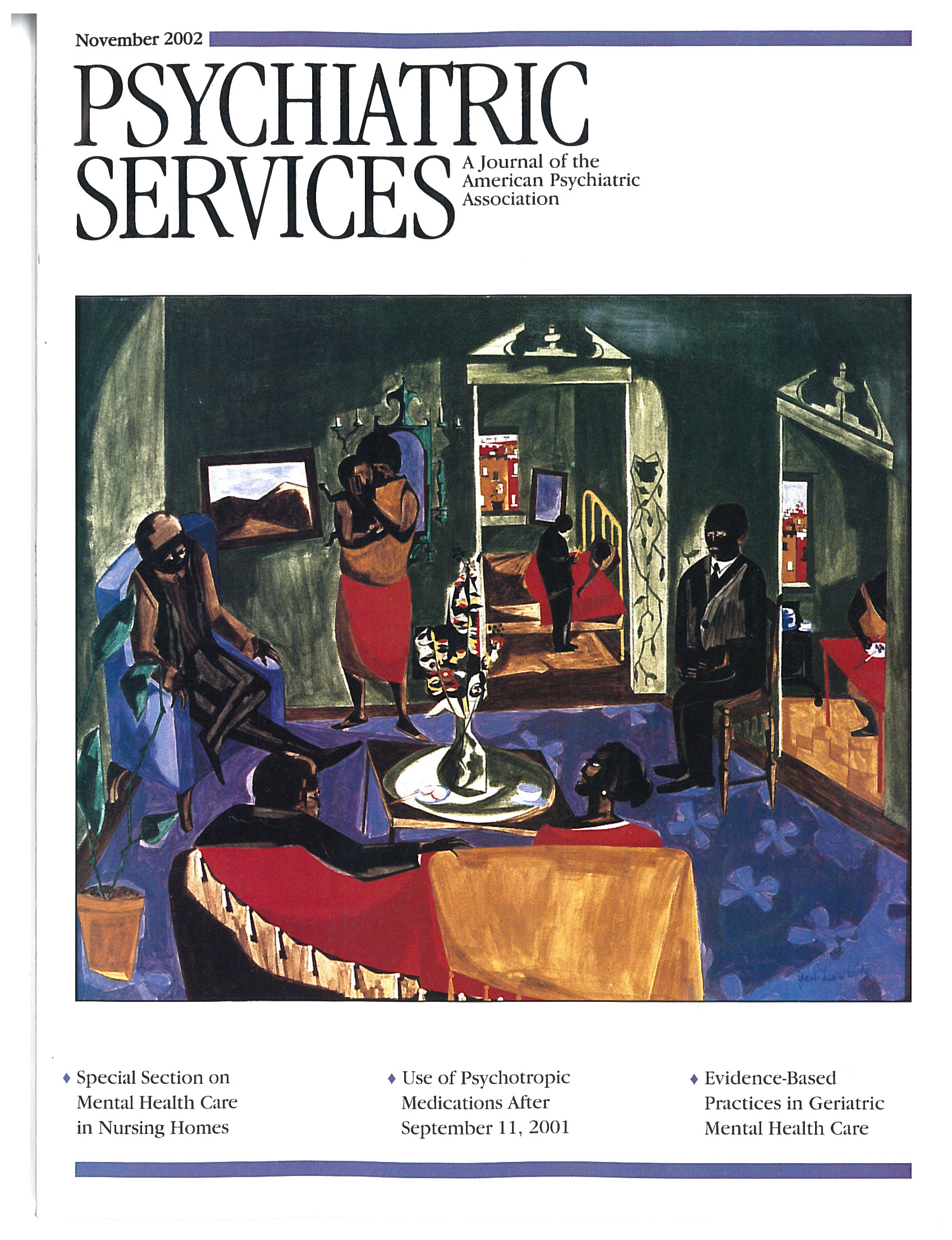Predictive Models and the Effectiveness of Strategies for Improving Outpatient Follow-Up Under Managed Care
Abstract
OBJECTIVES: This study tested the accuracy of models for predicting rehospitalization in a managed behavioral health organization and tested the effectiveness of different care management strategies for enhancing outpatient treatment follow-up. METHODS: In a controlled study, patients with an inpatient mental health or substance use admission received one of three types of care management, distinguished by the level of care managers' involvement in discharge planning and postdischarge outreach: usual (N=31), enhanced (N=94), and intensive (N=74). The groups were compared with each other and with a cohort admitted in the year before the study that received usual care management (N=192) to determine whether differences existed in time to outpatient follow-up, amount of postdischarge care, and rehospitalization at 30, 60, and 180 days. RESULTS: No differences between groups were found. The majority of patients (69 percent) received outpatient care within 30 days of discharge. Prediction models using logistic regression suggested that the number of clinical and sociodemographic risk factors identified by care managers was related to the rate of rehospitalization at 60 and 180 days. Patients authorized to receive intermediate care (partial hospitalization or residential care) and those who failed to attend intermediate care if it was authorized were more likely than other patients to be rehospitalized at 30, 60, and 180 days. CONCLUSIONS: Outpatient follow-up after psychiatric hospitalization did not improve with increasingly intensive discharge planning and outreach. Improvement in prediction of risk of rehospitalization may increase opportunities to provide intensive interventions for difficult-to-engage patients.



